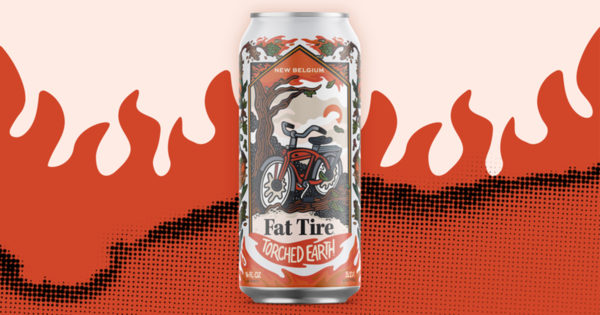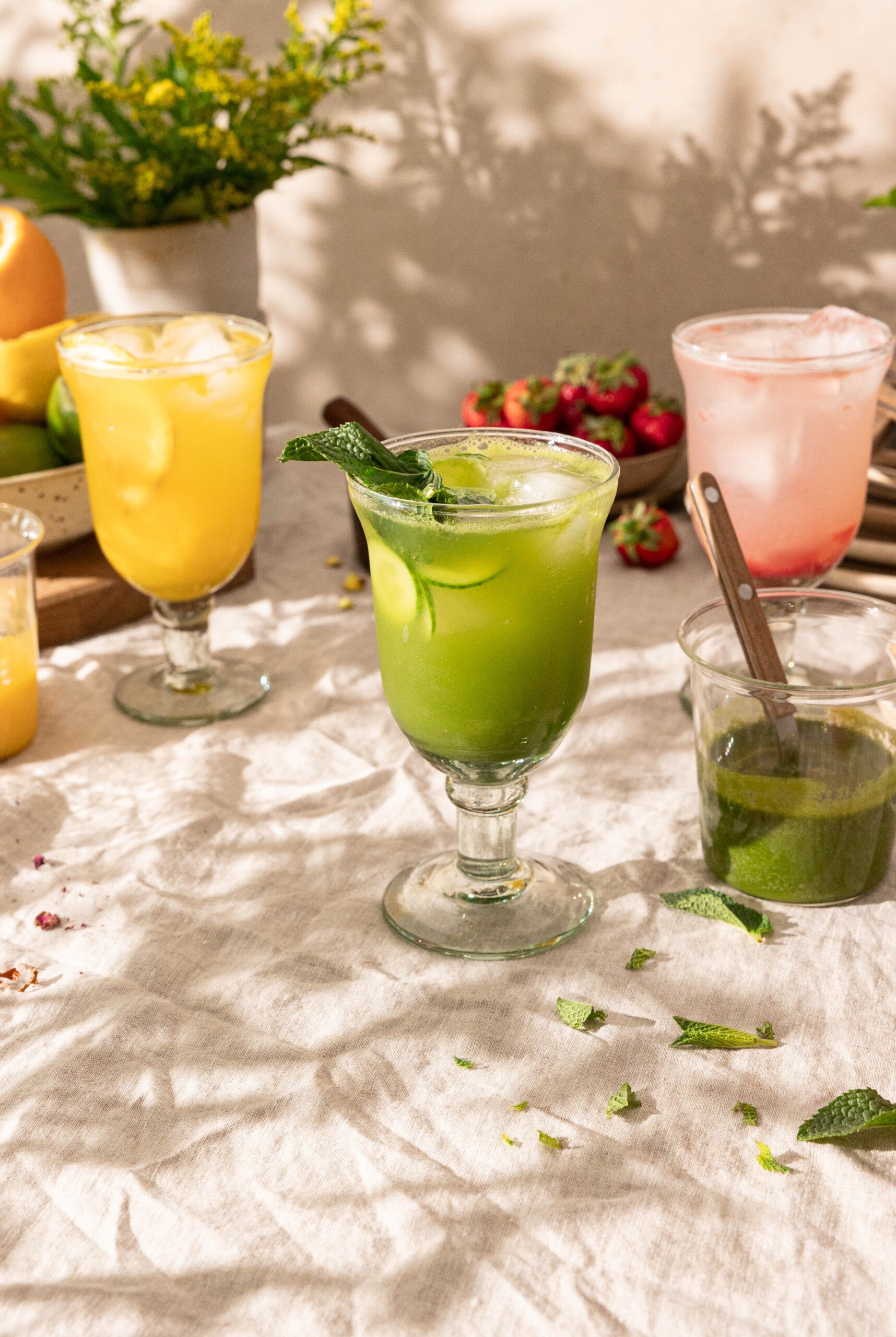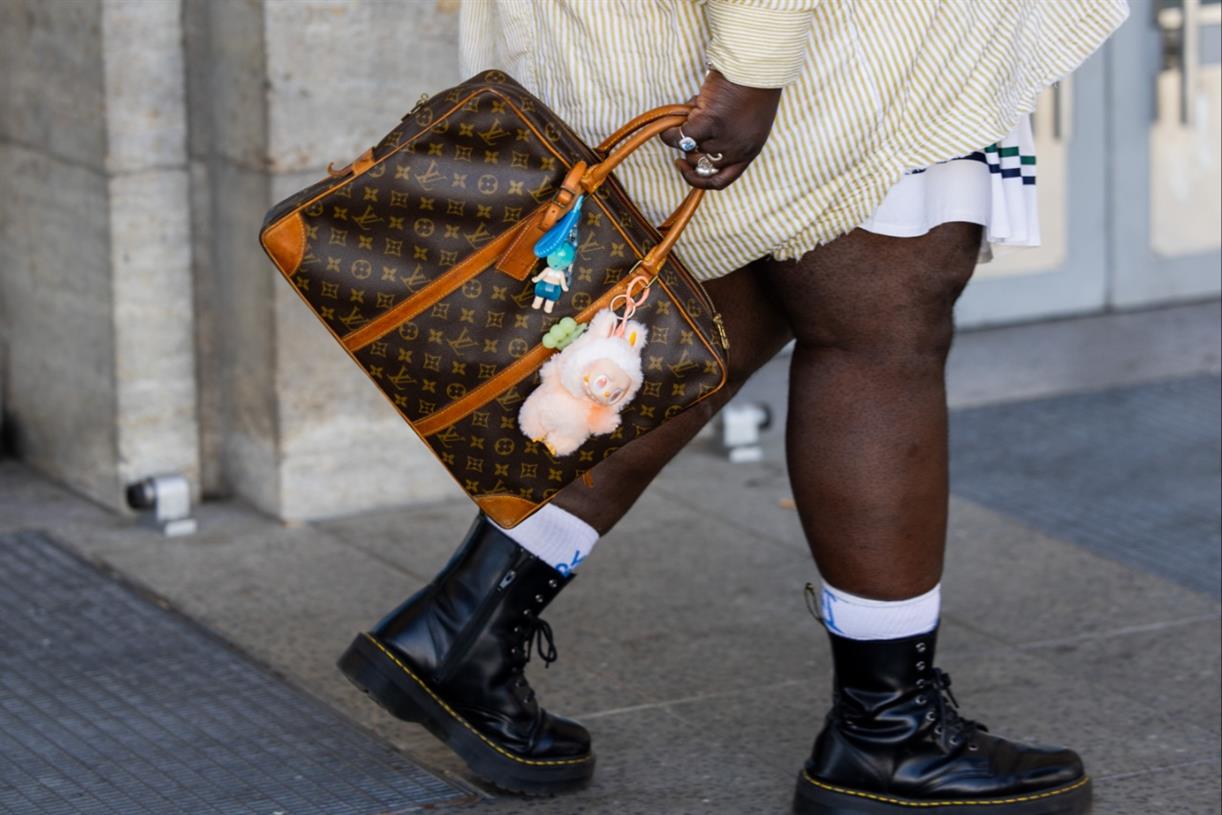How Ulta Beauty is avoiding the de-influencing trend
Ulta Beauty is trying to avoid the de-influencing trend by booking longer-term contracts with influencers.

Most beauty brands are often clamoring to get in on the latest trend—but there’s one recent TikTok trend that all brands are hoping to avoid. De-influencing, in which TikTok stars tell viewers what not to buy, has many marketers reassessing their influencer deals.
Ulta Beauty, which is unveiling its new roster of beauty influencers, says it is trying to steer clear of de-influencing through longer-term contracts and more control for creators.
Since 2020, Ulta has created an annual group, called the Beauty Collective, of 25 influencers and creators that it works with on an annual basis. Previously, the company had relied on more traditional work with influencers that was project- and campaign-based.
“The goal of launching the Collective is we had this idea of giving capital to curators and that whether creator or influencer … giving capital to them and working in collaboration with people who are ingrained with a genuine love for beauty,” said Christine White, senior director and head of content and media, integrated marketing at Ulta.
So-called de-influencing is just an evolution of bad online reviews that have been around for years. Yet video displays against certain products or brands from influencers, especially those with legions of followers, can carry more weight and long-term harm for marketers.
Cassie Petrey, co-founder and chief executive of Crowd Surf, an influencer and social media marketing firm, said one way to avoid it is to choose partners wisely.
“Picking specific, reputable influencers that truly believe in your brand can help combat de-influencing content,” she said, noting that brands need to interview influencers the same way they would interview any candidate for a job. “It's more important than ever to have influencers on board that truly enjoy your product, because audiences can tell when somebody is doing a promo video for ‘the bag.’”
By engaging in year-long or longer contracts, Ulta is trying to set up a more beneficial business relationship with its creator community. By contrast, some influencer deals can be much shorter in duration, with content based around one or two social posts in exchange for product. Petrey said deals should be at least six months in length in order to provide stability and better content for consumers.
“As de-influencing is on the rise, it’s important to have some long-term stable influencer pillars in your corner,” she added.
Ulta’s White said the company works with influencers with an eye toward transparency and authenticity, with the understanding that not every beauty product will work for every consumer.
“Coming from a foundation of that and being honest about personal experience is important,” she said.
“We joke about the [de-influencing] name because it’s really just about personal experience and coming at it from more of a level-headed perspective than a salacious one.”
This year’s group of creators teaming up with Ulta, announced today, includes skincare influencer Tonya Michelle, beauty influencer Tamir Weaver and Anthony Plasencia, a beauty and skincare influencer.

 MikeTyes
MikeTyes 
































.jpeg?trim=0,89,0,88&width=1200&height=800&crop=1200:800)